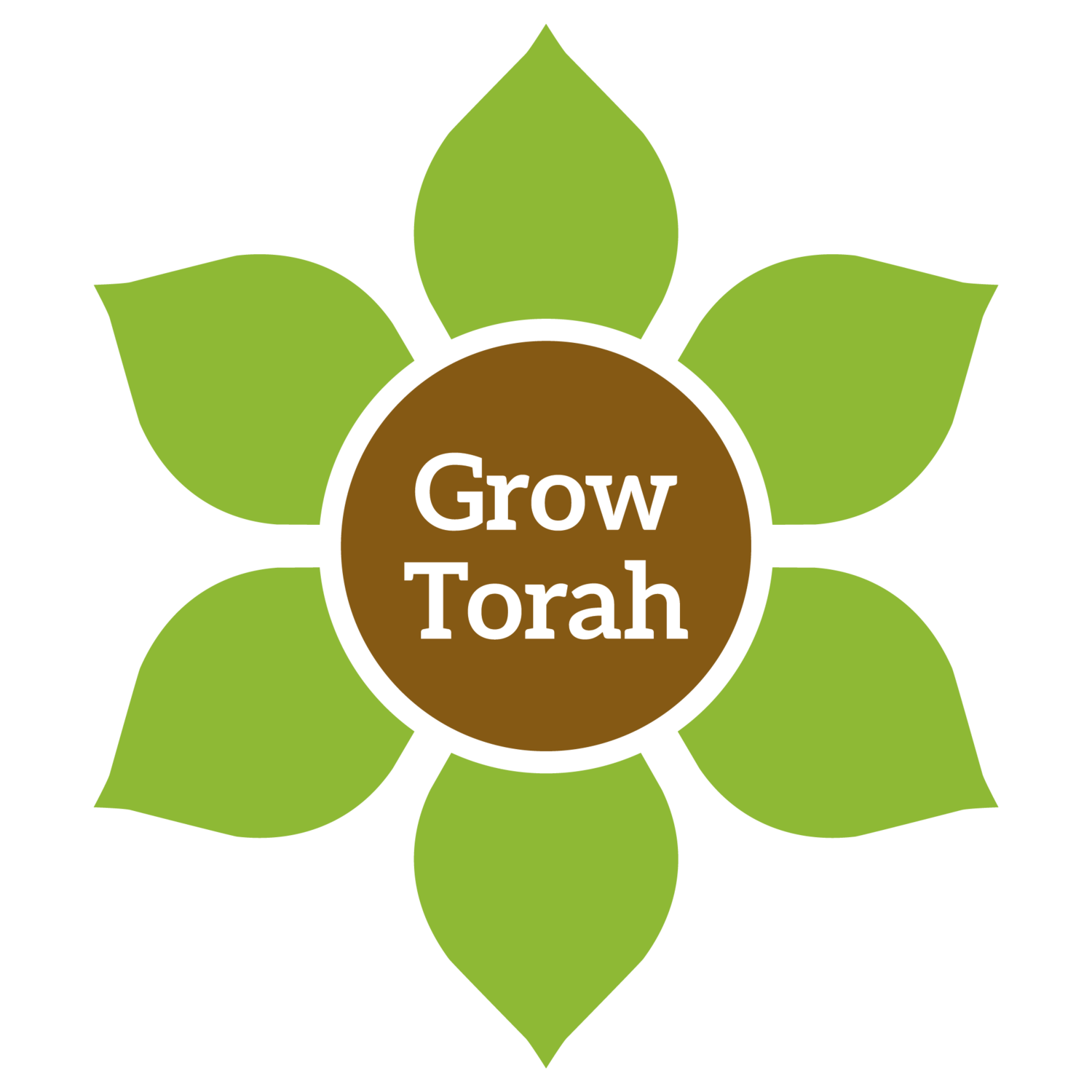garlic - שׁוּם
Agricultural Information:
Family: Amaryllidaceae
Scientific name: Allium sativum
The garden garlic is a perennial herb with many varieties, which differ in bulb size, the clove size and number, and skin color. Each bulb, called a garlic head, contains 10–12 leaves and about 10–12 cloves. The weight of each clove ranges from 1 to 7 g.
The cloves are storage organs, developing from the leaves close to the center of the plant. Garlic propagation begins with planting a clove, from which a complete garlic plant will develop. The flowers of the garlic are usually degenerate and do not produce seeds.
The true stem of the garlic is typically subterranean and very short, elongating only if a flowering stalk forms—this is the elongation of the apical bud of the true stem. The flowering stalk has joints, and small bulbs often develop on them as well. Often, the garlic leaves appear to be the stem. The sharpness of garlic is caused by various compounds found in the cloves.
Historical Information:
Garlic was one of the important foods in the ancient world. Garlic plants with bulbs were found in the tombs of the pharaohs, and the Israelites complained in the desert about lacking the garlic they ate in Egypt. The Sages mentioned a special type of garlic—shum ba’al bechi, likely referring to garlic from the Baalbek area in Lebanon. Additionally, the Sages discussed various laws related to garlic: its status in the laws of grafting, laws regarding forgotten produce after harvesting, and more. The identification of the garlic mentioned in the Torah and by the Sages as “garden garlic” is widely agreed upon and not disputed.
Halachic Information:
Kilei zeraim*: Garlic and onions are two species from the Amaryllis family that have storage organs underground. Although the prohibition of kilei zera’im does not apply to roots, as the main prohibition is above ground, the prohibition of kilei zera’im still applies to planting garlic and onions near each other.
Matanot aniyim (gifts for the poor): The obligation of giving gifts to the poor applies to species that ripen uniformly and can be stored for a long time. Garlic meets these conditions, and one is obligated to leave portions of it in the field for lekket, shichechah and pe’ah.
Davar charif (sharp foods): Garlic contains various compounds that gives it a sharp taste and smell. Therefore, garlic is considered a davar charif, “sharp item” in Jewish law, particularly in the laws of meat and milk.
*Kilei zera’im & kilei hakerem (interplanting – annuals & grapevines) generally do not apply outside of the land of Israel; the following laws apply only within the land of Israel.
Information about plants as they relate to torah and mitzvot has been generously provided by Mercaz Torah VeHa’aretz Institute.


